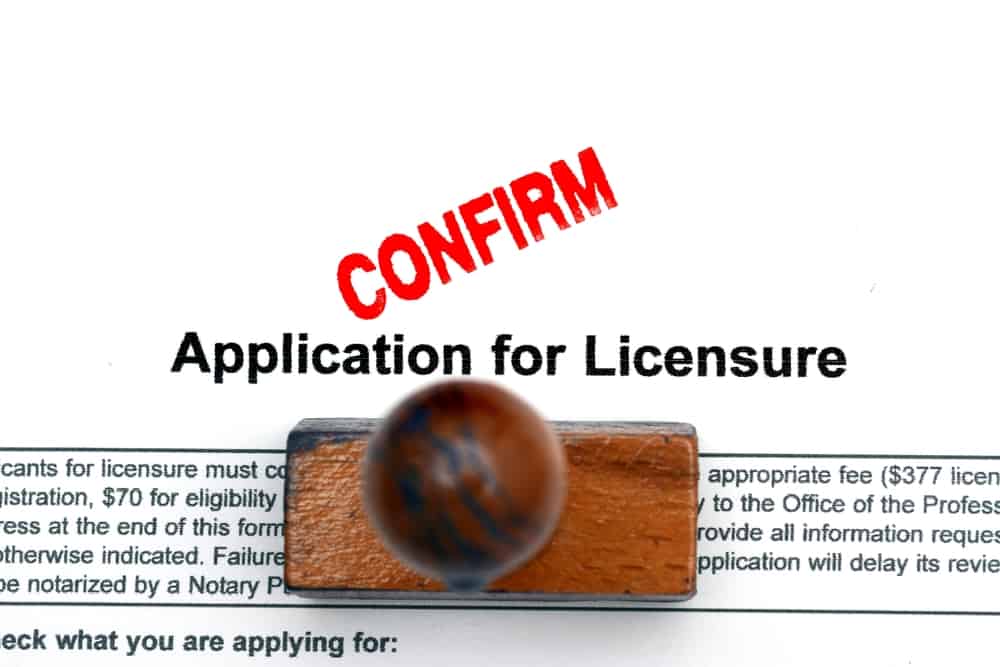Few things are more stressful than watching a family member go through surgery. Whether your loved one needs to undergo surgery in the emergency room or goes through a procedure that was planned well in advance, the entire process can be very unnerving.
Of course, it is fair and reasonable to expect that the doctors involved have recommended and performed the operation because it is truly a medical necessity.
After all, surgeries take a major physical and psychological toll and come with real risks. An unnecessary surgery can do tremendous damage. For this reason, unnecessary operations must be avoided to protect the well-being of patients and their families.
Unfortunately, new research suggests that doctors may be subjecting many patients to major risks by performing unneeded surgeries. A USA Today investigation found that tens of thousands of Americans actually are forced to undergo unnecessary operations each year.
The doctors who recommend these unneeded operations to patients may be committing medical malpractice.
The Fee-for-Service Payment Model Incentivizes Unnecessary Operations
Why would doctors perform unnecessary operations? Regretfully, in many cases, it may be simply for financial reasons.
Most health care providers are reimbursed using a fee-for-service model. Indeed, both Medicare and Medicaid pay doctors under this type of system. Essentially, a fee-for-service model means that doctors will be paid based on the quantity of care that they provide.
On the surface, this type of system makes sense: Doctors get reimbursed for the work that they do. However, due to the inherent complexity of the medical field, this type of model actually creates some adverse incentives.
The quality of care that doctors provide is simply not considered when it comes to their payment. Instead, a doctor can often make more money by performing more surgeries.
This payment model may, in turn, lead to a doctor recommending a surgery over a cheaper and safer alternative form of treatment.
Sadly, as the researchers at USA Today discovered, there are many unscrupulous doctors who perform unnecessary operations in this manner.
Doctors Have Ethical, Legal Duties to Look Out for Patients’ Best Interests
Most medical professionals hold themselves to the Hippocratic Oath. This is a voluntary moral code that instructs doctors to avoid doing harm to any of their patients. Certainly, subjecting a patient to an unneeded operation is a violation of this code.
More importantly, doctors also have a legal responsibility to look out for the welfare of their patients. Doctors and surgeons are legally obligated to provide a level of medical care that meets the industry standards.
In the event that a patient suffers an injury, medical complications or any other type of damage because he or she received substandard care in the form of an unnecessary surgery, legal action could be taken.
The doctor and his or her employer should be held accountable for damaging a patient by recommending or conducting an unnecessary surgery.



